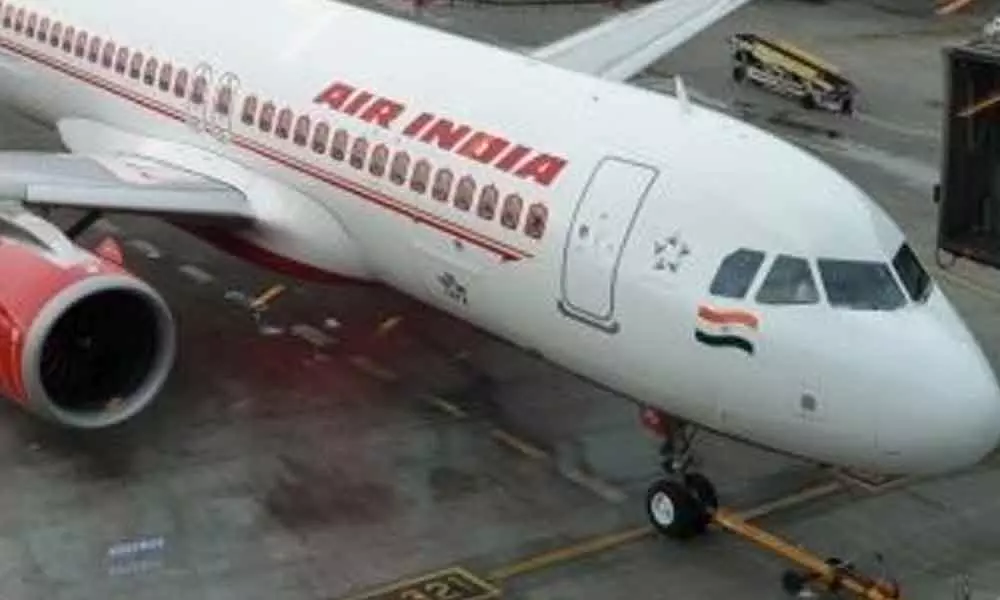Live
- Tribal leader Vaba Yogi nominated as DVMC member
- Ola Electric expands network
- NRI deposits soar $11.9 bn in 7 mths
- Positive outlook on FDI inflows in 2025
- EY forecasts 6.5% GDP growth for FY25
- Chicco opens new store
- DPIIT-recognised startups over 1.57 lakh
- Gunfight between armed groups in Imphal village
- Road blockade in Pak: 100 kids die awaiting aid
- Will develop constituency in every aspect: Bojju Patel
Just In
AI wins far-reaching case in English court


Air India Ltd
New Delhi: In a significant development for the law relating to the aviation industry a bench of the English Court of Appeal, headed by the Master of...
New Delhi: In a significant development for the law relating to the aviation industry a bench of the English Court of Appeal, headed by the Master of the Rolls Sir Geoffrey Voss, has found in favour of Air India Ltd in a contested dispute with a passenger after a District Judge originally found against them.
By winning its case, Air India has prevented a serious blow to the international airline industry, which is already suffering from the disruption caused by Covid-19. This is also one of the first cases where the English Courts have been asked to determine EU law post-Brexit.
The dispute centered on the applicability of EU compensation regulations for a single booking, where only one leg of the booking – the only one within EU/UK jurisdiction – was delayed. In this case, the third leg of the passenger's flight departed from Heathrow late, resulting in delays in her final arrival at her destination. The Court of Appeal after a full hearing held in favour of Air India Ltd, stating that previous European Court of Justice case law reaffirmed the 'single-unit' principle for a multiple-leg journey made under the same booking.
Air India successfully argued that there was no reason why this principle should not be applied to this case, in circumstances where the Claimant's journey originated from a non-UK/non-EU destination.
Article 3(1) (a) of the EU Regulation was a territorial gateway to compensation and it should not be undermined by the principle of passenger protection. The passenger could not "have their cake and eat it." "The intention of ECJ judges when making their decisions was discussed at the hearing, and the Court of Appeal chose to not interpret these principles differently in the post-Brexit era. This is despite an Attorney General commentary being released in October, which stated in its discussion that just because a passenger's journey originated from a non-EU/UK destination, this does not necessarily mean that they are not entitled to compensation."
"Had the Claimant succeeded in their appeal, airlines could have expected myriad further claims against them, with a potentially substantial economic impact being felt across an industry already reeling from the Covid-19 pandemic."

© 2024 Hyderabad Media House Limited/The Hans India. All rights reserved. Powered by hocalwire.com






